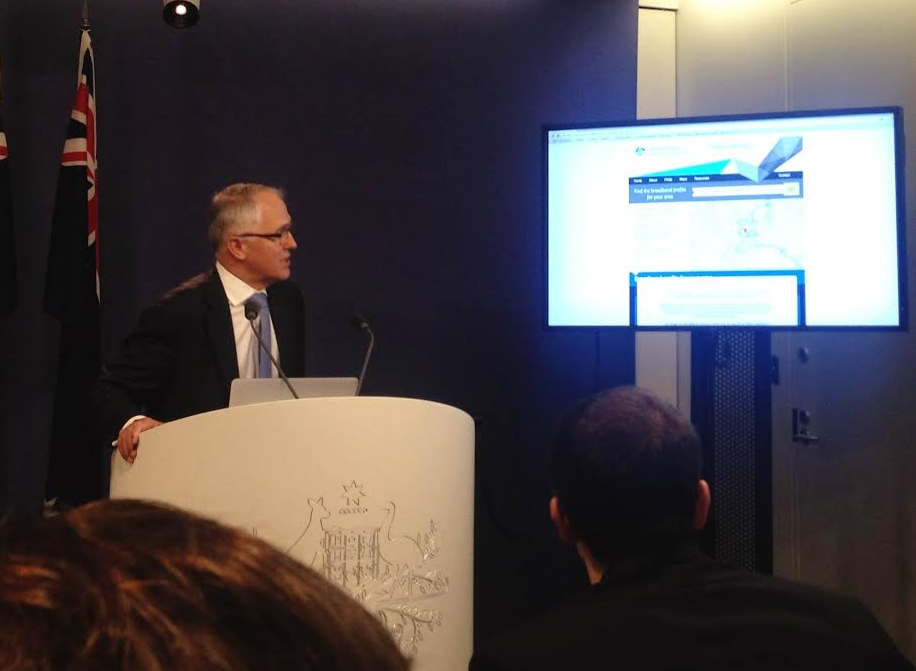Telco legislation to be repealed on first repeal day

Communications Minister Malcolm Turnbull has flagged that the Australian Communications and Media Authority (ACMA) has identified 280 pages' worth of legislation that can be repealed on the Abbott government's first "repeal day" in parliament in March.
The government has vowed to devote one parliamentary sitting day per session to repealing what it believes to be unnecessary regulation, with the first repeal day set for the end of March. The government's Commission of Audit is expected to report back to government on a wide range of legislation that could be repealed, and the telecommunications industry has indicated that it would like to see changes to regulation, including a reduction in the amount of reporting required.
On Sunday, Parliamentary Secretary for Communications Paul Fletcher indicated that he had been reviewing the Telecommunications Act, looking for which parts could be updated or repealed. At the Internet Industry Association dinner last night, Turnbull said that close to 300 pages of legislation in the communications sector will be repealed at the end of March.
"What we're going to do is also do a major exercise in deregulation. This overhaul will start next month, when we have our first regulation repeal day. We expect something in the order of 280 pages of regulation will be repealed from the communications portfolio alone," he said.
"That is just the beginning of what will be a fairly long-term process. We've consulted very widely with the industry. Paul Fletcher has been leading the charge on this, and we are determined to cut as much regulation and red tape out of the industry as possible."
The Australian Information Industry Association said in its submission to the Commission of Audit that the role of the ACMA to oversee the telecommunications sector is unclear, but Turnbull said last night that the ACMA is keen to see regulation in the sector repealed.
"Chris Chapman, chairman of ACMA, has embraced this with a passion. He knows the heavy burden of regulation, and is determined to cut as much of it away. To free you to do more in this industry," he said.
"Even the regulator is a passionate deregulator."
Turnbull's speech to the industry event focused on the need for the government to "get out of the way" and help create an environment that enables businesses to do their best.
"When we say Australia is open for business, we don't mean only open for big companies, or mining companies. What we really are is open for enterprise," he said.
Turnbull said that the internet is the "hyper platform that rules all", and has created businesses that governments never could have pictured 20 years ago.
Earlier in the night, Internet Industry Association chairman Patrick Fair took the government to task for Attorney-General George Brandis' proposal to force ISPs to implement a graduated response regime to crack down on online copyright infringement.
"In relation to online piracy, there is a real question of current relevance. New digital content services are being implemented and adopted widely," he said.
"Is a legislative industry scheme now necessary or relevant?"
If a scheme is relevant, he said, the consistent barrier for progress in implementing such a scheme remains.
"Copyright owners must be prepared to pay a reasonable share of the costs of a proposed scheme. We know that obligations in this area have been proposed as part of the Trans-Pacific Partnership agreement. We would like to see careful consultation with all stakeholders before that treaty is approved."
